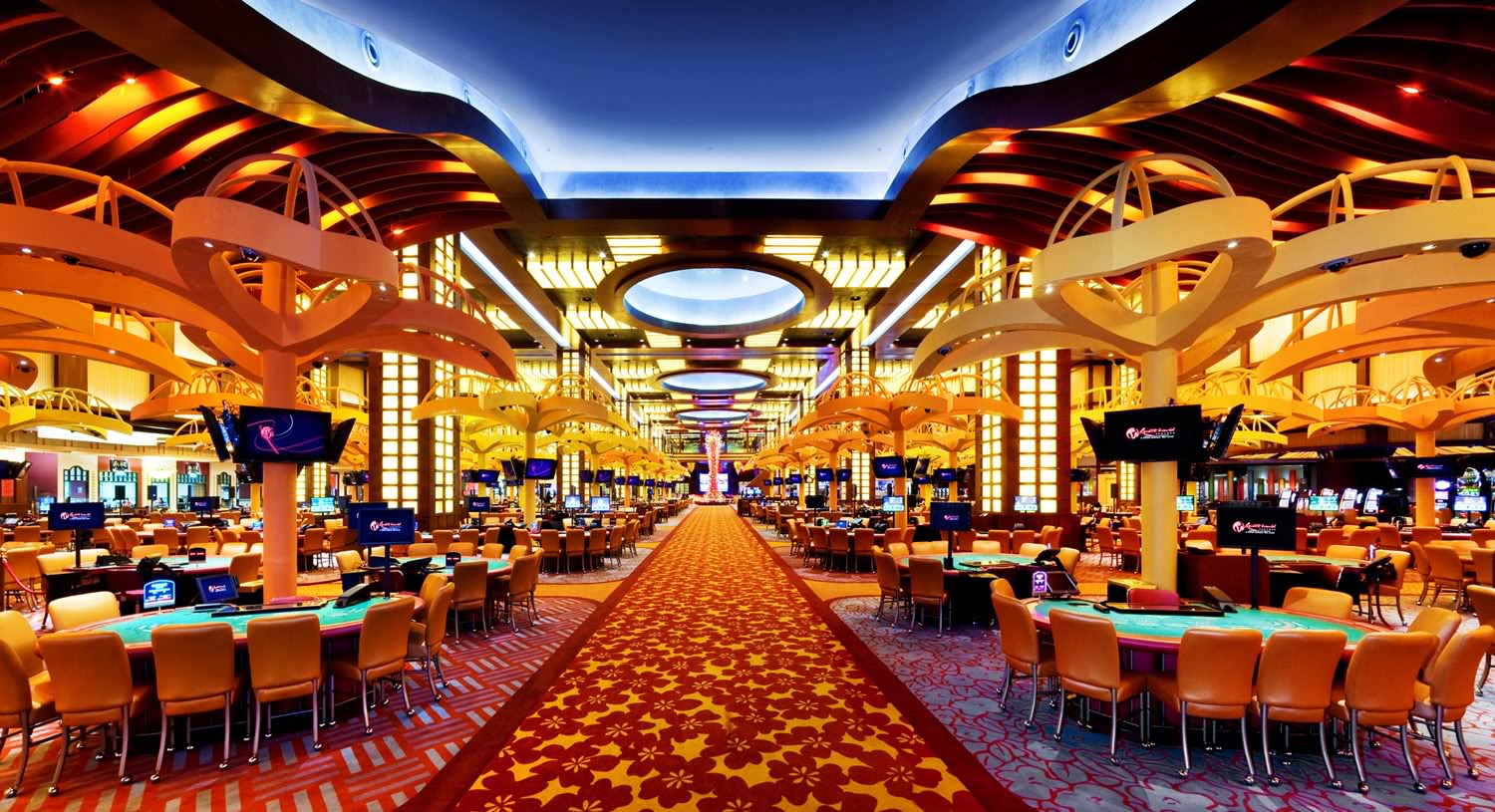
In the lively realm of gambling halls, in which the atmosphere humms with excitement and the clinking of chips permeates the environment, the role of a dealer is both crucial and captivating. Daily, these skilled experts step into a world where fortune and strategy intertwine, leading players through the highs and lows of their chosen casino titles. From card games like 21 and poker to the spinning wheels of the roulette table, dealers facilitate the action while guaranteeing that each game operates seamlessly and honestly.
As the day breaks on another busy day, a casino game dealer prepares to immerse themselves in this vibrant environment. Their duties extend beyond just distributing cards or turning a roulette wheel; they are also entertainers, service providers, and guardians of the game regulations. Each workday brings new challenges and interactions, making every day distinct in the life of a dealer. This behind-the-scenes look will examine the daily routine of a casino dealer, highlighting the skills and insights that make this profession both exciting and fulfilling.
The Role of a Casino Table Dealer
A gambling table dealer is at the heart of the gambling experience, orchestrating the flow of the game while ensuring that players are engaged and entertained. Their primary responsibility is to oversee the game, which includes dealing cards, spinning the wheel, or managing the chips, depending on the game being played. Dealers must have a thorough understanding of the rules and guidelines governing each type of game, while also maintaining a friendly and approachable demeanor to enhance the gaming atmosphere.
In addition to overseeing the play, dealers must also monitor on the players and the environment around the table. This includes watching for any signs of cheating, ensuring that everyone is adhering to the rules, and addressing any disputes that may arise among players. Effective communication skills are vital, as dealers often give explanations about the game’s mechanics and give assistance to those who may be new to casino games.
Furthermore, a croupier’s role extends beyond just the mechanical aspects of the play. They play a key part in creating an enjoyable experience for the players. This necessitates building a rapport with patrons, being attentive to their needs, and often injecting an aspect of entertainment into the play. It’s this mix of talent, vigilance, and people skills that makes the role of a gambling game dealer both demanding and rewarding in the vibrant world of casino games.
Responsibilities and Challenges in Daily Operations
One of the primary responsibilities of a dealer in a casino is to supervise the multiple games offered at their table, guaranteeing a smooth and enjoyable experience for players. Dealers must be skilled at distributing cards, managing chips, and maintaining the continuity of the game. This requires a sharp understanding of the regulations of each game, from blackjack to roulette, and the ability to address players’ questions while maintaining the game moving. Attention to precision is essential, as dealers must track bets, disburse winnings accurately, and monitor any cheating or discrepancies at the table.
In addition to managing the game itself, dealers face challenges such as managing difficult players. The casino environment can be high-pressure, particularly during intense games, and a dealer must remain calm and maintain professionalism at all times. They need robust interpersonal skills to handle interactions with players who may be upset about losses or dissatisfied with the game’s speed. Navigating these situations delicately is important in creating a positive atmosphere on the casino floor.
Another significant responsibility is maintaining the honesty of the game. Dealers must be vigilant and attentive, watching for any signs of collusion or cheating among players. This involves not only a solid knowledge of the games but also an awareness of player psychology. They must also adhere to the casino’s regulations and procedures, taking part in regular training sessions to stay informed on rules and protocols. Balancing these responsibilities while providing excellent customer service is what makes the role both challenging and fulfilling for a casino game dealer.
Skills and Skills for Success
A effective casino game dealer must possess superior communication skills. This includes merely the ability to clearly explain game rules and procedures to gamblers but also the capacity to connect with them in a approachable and professional manner. Fostering rapport with patrons can enhance the gaming experience and encourage repeat visits to the casino. Effective communication enables dealers to manage tables seamlessly while ensuring that players feel valued.
Furthermore, solid mathematical skills are essential for a dealer. Quick arithmetic are often required to follow bets, payouts, and game outcomes in real time. A dealer’s ability to perform these math operations accurately and swiftly contributes to the overall efficiency of the game. This skill helps in maintaining the flow of play and in minimizing disputes or misunderstandings with players, which is crucial in a fast-paced casino environment.
Lastly, an ideal casino game dealer should demonstrate integrity and professionalism at all times. Trust is a crucial component of the gaming experience, and players must feel assured that the games are conducted honestly and transparently. A dealer’s devotion to upholding high ethical standards fosters a friendly atmosphere at the table and enhances the casino’s standing. Being dependable in behavior ensures that dealers leave a lasting impression on guests, which can lead to a loyal customer base.
http://gold99z.com/